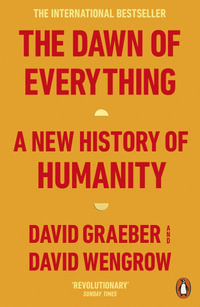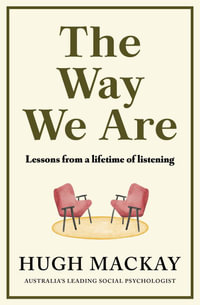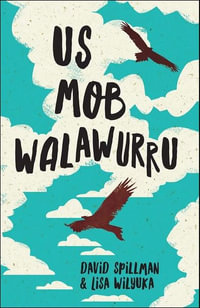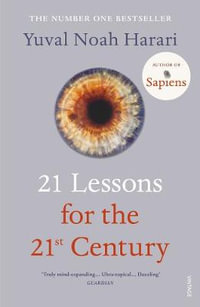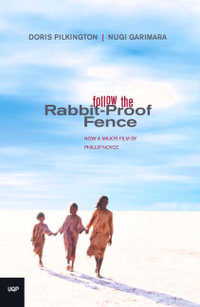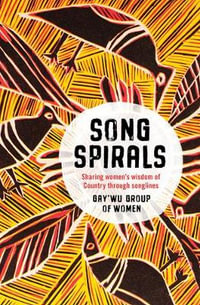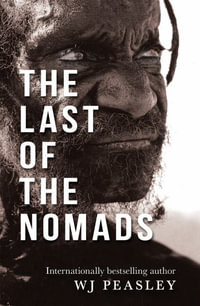For an open-access edition and online resources, including video and additional images, visit the CoronAsur page on Manifold. https: //manifold.uhpress.hawaii.edu/projects/coronasur
By the summer of 2020, when the coronavirus had fully entered our everyday vocabulary and our lives, religious communities and places of worship around the world were already undergoing profound changes. In Asian and Asian diaspora communities, diverse cultural tropes, beliefs, and artifacts were mobilized to make sense of Covid, including a repertoire of gods and demons like Coronasur, the virus depicted with the horns and fangs of a traditional Hindu demon. Various kinds of knowledge were invoked: theologies, indigenous medicines, and biomedical narratives, as well as ethical values and nationalist sentiments. CoronAsur: Asian Religions in the Covidian Age follows the documentation and analysis of the abrupt societal shifts triggered by the pandemic to understand current and future pandemic times, while revealing further avenues for research on religion that have opened up in the Covidian age.
Developed in tandem with the research blog CoronAsur: Religion and COVID-19, this volume is a "phygital" publication, a work grounded in empirical roots as well as digitally born communication. It comprises thirty-eight essays and dozens of videos and other online content that examine Asian religious communities--Muslim, Buddhist, Hindu, Daoist, and Christian as well as popular/folk and new religious movements--in terms of the changes brought on by and the ritual responses to the Covid pandemic.
Studying religious narratives, practices, and changes in the Covidian age adds to our understanding of not only the specific groups in which they are situated, but also the coronavirus itself, its disputed etiologies and culturally contextualized exegeses. CoronAsur offers a comprehensive and timely discussion of Covidian transformations in religious communities' engagements with media, spaces, and moral and political economies, documenting how religious practices and discourses have co-produced the meanings of the pandemic.
Industry Reviews
"CoronAsur is a unique and timely collection that engages with the question of how Asian religions dealt with the COVID-19 pandemic. Its innovative format makes for entertaining and thought-provoking reading with plenty of room for creative comparison. The chapters offer powerful vignettes of people around the world innovatively coping with the restrictions that the pandemic imposed on how we share our lives with others." - Bernardo Enrique Brown, International Christian University
"Through abundant case studies of fascinating social practices, CoronAsur takes us into Asian religious communities as they transmitted and altered their ritual performances and cosmologies during an exceptional time. The editors and authors have carefully analyzed and systematically documented major changes and challenges brought by COVID-19 from a post-secular perspective through broad-scale pandemic research modalities. Their work is empirically rich and well-written." - Fatimah Husein, Indonesian Consortium for Religious Studies
"This is a superb volume, one that comprises an invaluable and unmatched collection of reports on the dynamic range of ways the pandemic shaped, and was shaped by, religious people and their practices across Asia. It will remain a precious resource for scholars who must delve into the historical record to understand how calamity creates religion." - Levi McLaughlin, North Carolina State University




